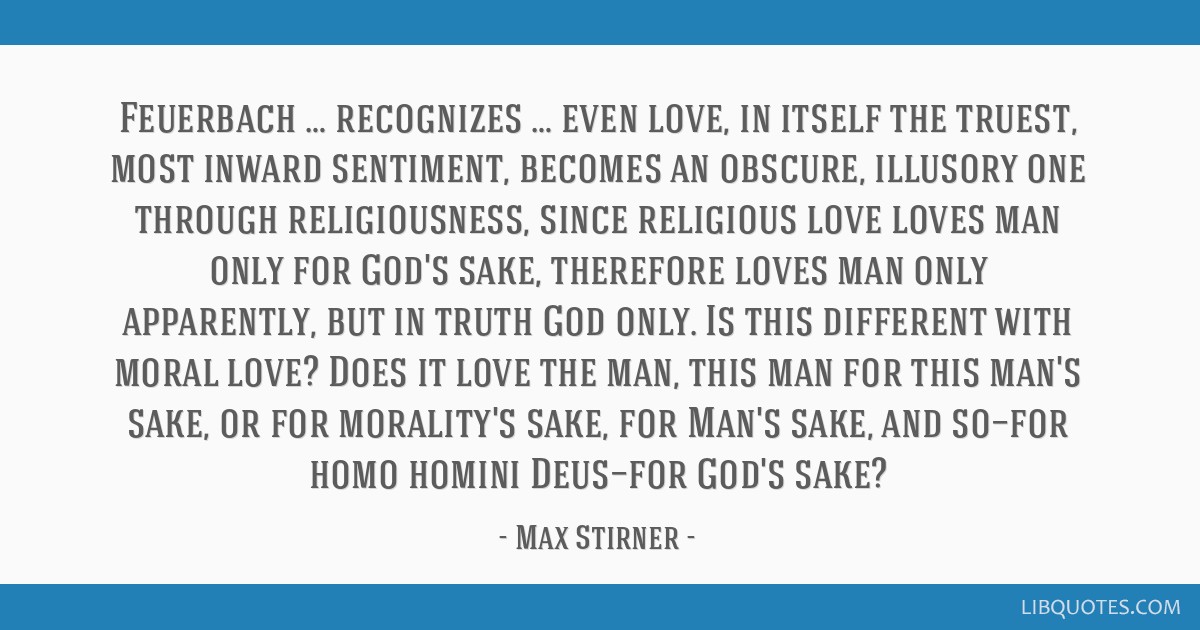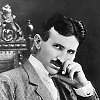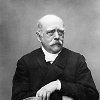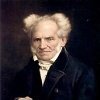Feuerbach … recognizes … even love, in itself the truest, most inward sentiment, becomes an obscure, illusory one through religiousness, since religious love loves man only for God's sake, therefore loves man only apparently, but in truth God only. Is this different with moral love? Does it love the man, this man for this man's sake, or for morality's sake, for Man's sake, and so—for homo homini Deus—for God's sake?
Cambridge 1995, p. 56 - The Ego and Its Own (1844)























